In a no-holds-barred rebuke to Islamabad while addressing the countrymen on Monday evening, PM Modi made in clear in the most unambiguous terms that India would not reconsider its decision of putting the Indus Waters Treaty in abeyance in spite of the ceasefire.
Indus River (Representative Image)
In what may be called a strong signal to Pakistan that may force it to change its stand, Prime Minister Narendra Modi rebuffed Pakistan on the Indus Waters Treaty. In a no-holds-barred rebuke to Islamabad while addressing the countrymen on Monday evening, PM Modi made it clear in the most unambiguous terms that India would not reconsider its decision of putting the Indus Waters Treaty in abeyance in spite of the ceasefire. He said, "Blood and water can not flow together."
Indus Waters Treaty in abeyance
Immediately after the Pahalgam terror attack, India announced it would put the Indus Waters Treaty in abeyance. However, it was not a knee-jerk reaction, as New Delhi had earlier asked Islamabad to reconsider the treaty. But, instead of taking the initiative for talks on sharing river water, Pakistan threatened to move the World Bank.
What is Indus Waters Treaty?
Brokered by the World Bank, the Indus Waters Treaty is a water-sharing agreement signed by India and Pakistan on September 19, 1960. The agreement details the use of six rivers flowing through the two countries. While Pakistan got the administration of the Western Rivers, the Indus, Jhelum, and Chenab, India was authorized to control the Eastern Rivers of the Ravi, Beas, and Sutlej. The Indus Waters Treaty has been criticized several times for allocating almost 80%, or 135 million acre-feet, or 167 billion cubic meters of the Indus system's water to Pakistan and 20% or about 33 million acre-feet or 41 billion cubic meters of water to India.

How will it impact Pakistan?
As Pakistan is heavily dependent on the Indus Water System for 80% of its irrigated agriculture in Punjab and Sindh, the suspension of the treaty is most likely to hit it hard. The approaching summer season and the subsequent cultivation period may be especially harsh for Islamabad. If India releases water from the reservoirs constructed on the Western rivers, flash floods can ravage low-lying areas in Pakistani Punjab along the Ravi or Sutlej. Pakistan suffered a devastating flood in 2022, and it had to declare an emergency and appeal to the international community for help.

With the suspension of the Indus Waters Treaty, India will no longer be restricted in using the Indus, Jhelum, and Chenab. India can construct dams and reservoirs on these rivers, which would adversely impact Pakistan. However, it will take years and massive investment, so it will not have an immediate impact.
How will it impact India?
As the Indian side of Punjab is heavily dependent on the Eastern Rivers of the Ravi, Beas, and Sutlej for irrigation and hydropower, its projects like the Bhakra Dam (Sutlej), Pong Dam (Beas), Thein Dam (Ravi), and the recently completed Shahpurkandi Barrage (Ravi) will be in an advantageous position as these can use more water. Punjab will also get more benefits from the Indira Gandhi Canal and the Sirhind Canal for agriculture.

Jammu and Kashmir, where the heinous attack took place, are not exposed to the Indus Waters System to a large extent. It irrigates only 642,000 acres out of a permitted 1.34 million acres. Similarly, hydropower projects like Kishenganga (Jhelum tributary) and Ratle (Chenab) are designed to minimize water storage and flow alteration. The Tulbul Hydroelectric Project on the Jhelum has been stalled for a long time due to Pakistan's objection. Islamabad can become more rigid, and the project may remain stalled.
Impact on ecosystem, climate
If India decides to harness the Indus, Jhelum, and Chenab by altering its flow, it could disrupt aquatic ecosystems and the Harike Wetland in Punjab. Climate change has already threatened long-term water security with the melting of glaciers like never before in the Indus Basin, which is already considered the world’s second-most overstressed aquifer.
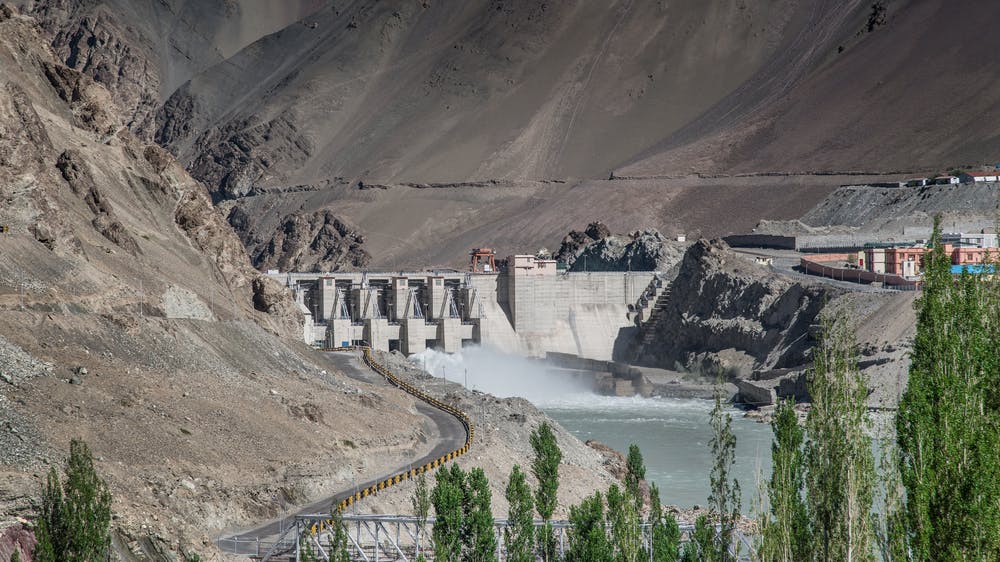
International Relations
The Indus Waters Treaty has been considered a template for the common use of rivers in Southeast East Asia. Now countries like Bangladesh and Nepal, which share rivers with India, may become suspicious, and they may bargain hard in any future water deal with New Delhi.
Though the immediate impact of the suspension of the Indus Waters System is limited, it carries the risks of flooding, ecosystem damage, interstate disputes, and geopolitical fallout, including potential escalation with Pakistan and strained relations with other neighbors. On the other hand, the long-term water security in both regions remains threatened by climate change and aquifer stress.
 India issues fresh travel advisory, asks citizens to avoid going to THIS country: 'Carefully consider...'
India issues fresh travel advisory, asks citizens to avoid going to THIS country: 'Carefully consider...'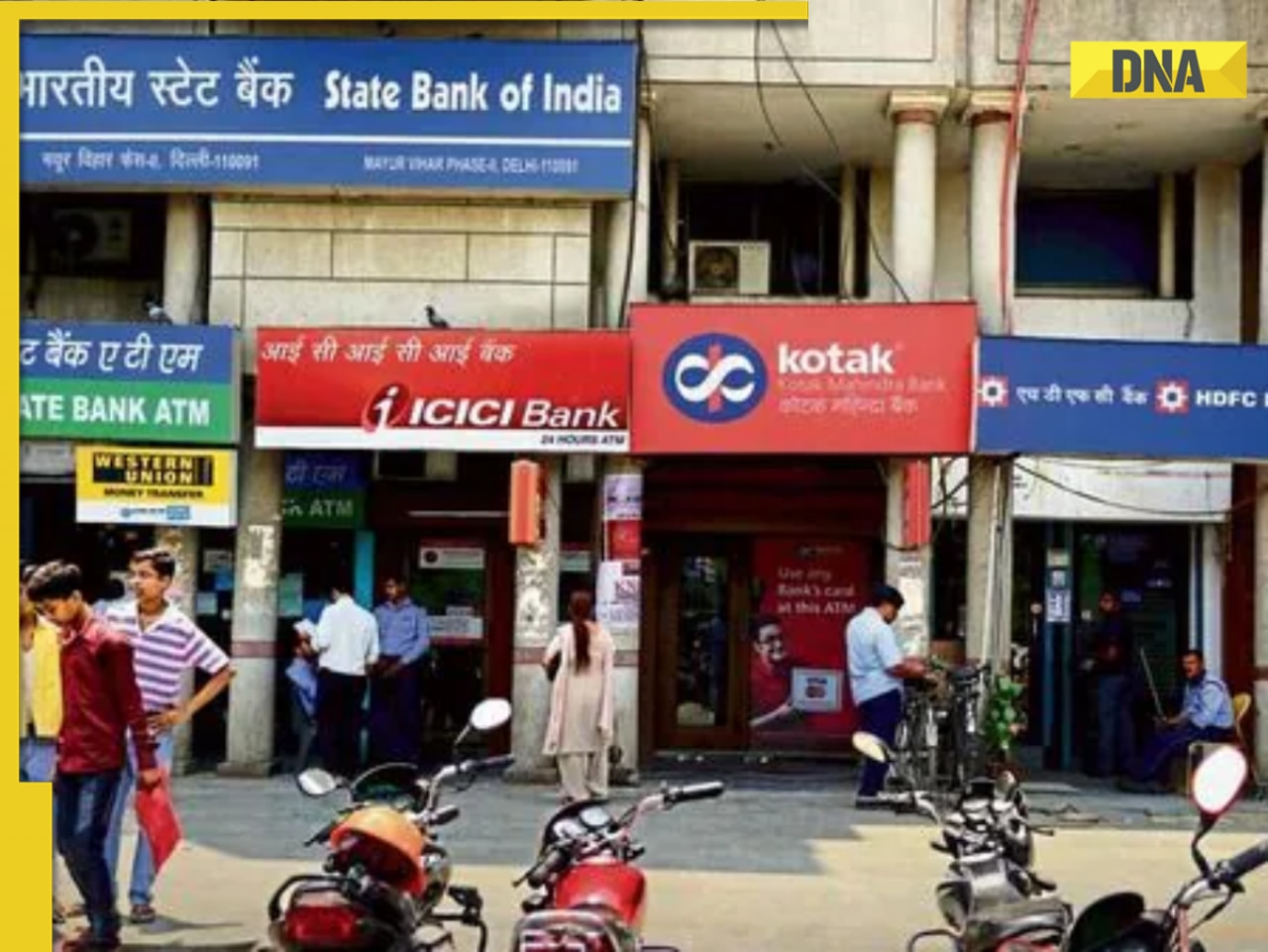 THIS govt company in HUGE debt, defaults on bank loans worth whopping Rs...
THIS govt company in HUGE debt, defaults on bank loans worth whopping Rs... This city is world’s most student friendly, 4 Indian cities also feature in list with the most affordable city being...
This city is world’s most student friendly, 4 Indian cities also feature in list with the most affordable city being...  Tesla cars will be priced cheaper in Delhi and Mumbai than Gurugram, here’s why, check cost difference here
Tesla cars will be priced cheaper in Delhi and Mumbai than Gurugram, here’s why, check cost difference here Donald Trump makes BIG proposal to Ukraine over Russia war, asks Zelenskyy, 'Can you hit...'
Donald Trump makes BIG proposal to Ukraine over Russia war, asks Zelenskyy, 'Can you hit...' 7 mesmerising images of star formation captured by NASA
7 mesmerising images of star formation captured by NASA What is brain fog? 7 Ways to overcome it
What is brain fog? 7 Ways to overcome it Sawan 2025: Move beyond Tip Tip Barsa Paani, this rainy season groove on these sizzling songs
Sawan 2025: Move beyond Tip Tip Barsa Paani, this rainy season groove on these sizzling songs Kang Seo‑ha to Kim Sae‑ron: K‑drama, K-pop icons we lost recently
Kang Seo‑ha to Kim Sae‑ron: K‑drama, K-pop icons we lost recently Our Golden Days, My Lovely Journey, Beyond the Bar: 8 must-watch K-dramas in August 2025
Our Golden Days, My Lovely Journey, Beyond the Bar: 8 must-watch K-dramas in August 2025 Odisha Girl Self Immolation Case: Odisha CM Announces Rs 20 Lakh Aid For Kin Of Balasore Student
Odisha Girl Self Immolation Case: Odisha CM Announces Rs 20 Lakh Aid For Kin Of Balasore Student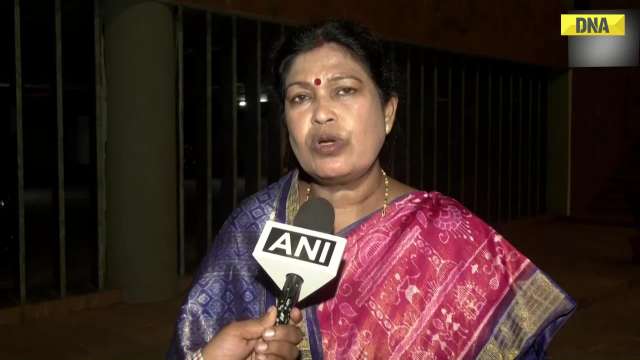 Odisha Girl Self-Immolation Case: BJD leader Slams Odisha Govt After Balasore Student Dies
Odisha Girl Self-Immolation Case: BJD leader Slams Odisha Govt After Balasore Student Dies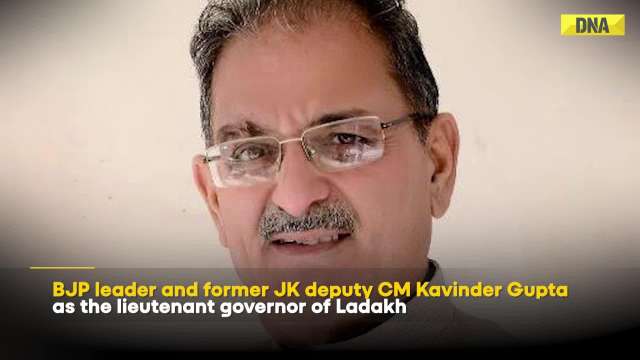 President Murmu Appoints New Governors For Haryana, Goa; Kavinder Gupta Named LG Of Ladakh
President Murmu Appoints New Governors For Haryana, Goa; Kavinder Gupta Named LG Of Ladakh Bombay Stock Exchange Receives Bomb Threat From 'Comrade Pinarayi Vijayan', '4 RDX IED In Building'
Bombay Stock Exchange Receives Bomb Threat From 'Comrade Pinarayi Vijayan', '4 RDX IED In Building' India Pakistan News: New Paramilitary Force In Pakistan Sparks Crackdown Fears
India Pakistan News: New Paramilitary Force In Pakistan Sparks Crackdown Fears THIS govt company in HUGE debt, defaults on bank loans worth whopping Rs...
THIS govt company in HUGE debt, defaults on bank loans worth whopping Rs... Tesla cars will be priced cheaper in Delhi and Mumbai than Gurugram, here’s why, check cost difference here
Tesla cars will be priced cheaper in Delhi and Mumbai than Gurugram, here’s why, check cost difference here Mukesh Ambani's Reliance's BIG win as Delhi HC directs e-commerce platforms to...
Mukesh Ambani's Reliance's BIG win as Delhi HC directs e-commerce platforms to...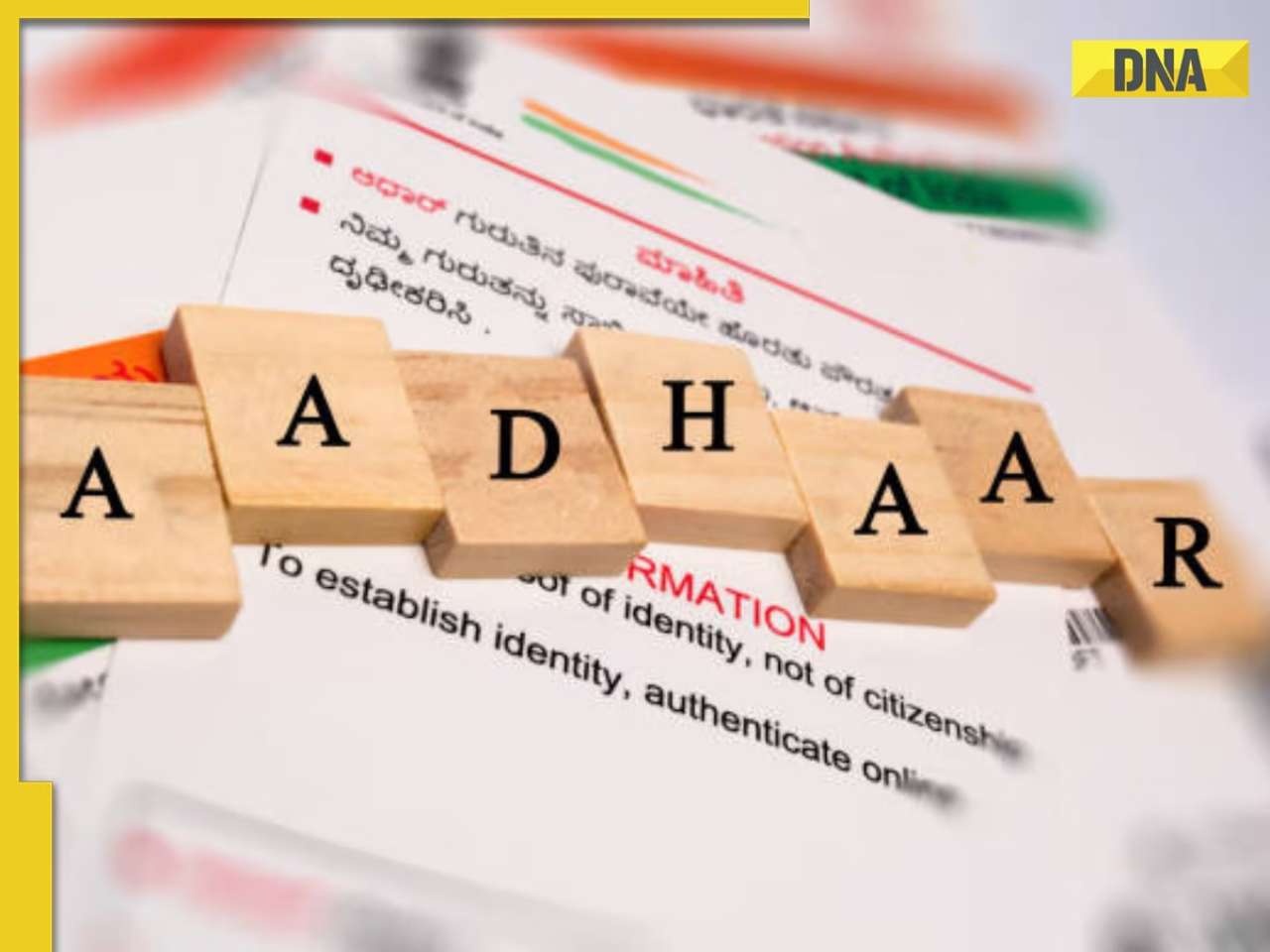 UIDAI shares BIG update on children above 7 with Aadhaar: 'To face risk of...'
UIDAI shares BIG update on children above 7 with Aadhaar: 'To face risk of...' Meet woman who started as trainee, will now become CEO of..., won major award at Cannes, she is...
Meet woman who started as trainee, will now become CEO of..., won major award at Cannes, she is...  Then and now: What Daniel Radcliffe, Emma Watson, Rupert Grint and more Harry Potter cast members doing now?
Then and now: What Daniel Radcliffe, Emma Watson, Rupert Grint and more Harry Potter cast members doing now? Which Visa lets you travel to multiple countries? Learn about Visas that fit your needs
Which Visa lets you travel to multiple countries? Learn about Visas that fit your needs Chhoriyan Chali Gaon contestants list out: Anita Hassanandani, Aishwarya Khare, and others join Rannvijay Singha's show
Chhoriyan Chali Gaon contestants list out: Anita Hassanandani, Aishwarya Khare, and others join Rannvijay Singha's show Laapataa Ladies' Pratibha Ranta returns in Revolutionaries with Bhuvam Bham, Rohit Saraf: All you need to know about Nikkhil Advani's series
Laapataa Ladies' Pratibha Ranta returns in Revolutionaries with Bhuvam Bham, Rohit Saraf: All you need to know about Nikkhil Advani's series Ananya Panday's vacation photos go viral: A peek into her sun-kissed moments, beach outfits, and carefree vibes
Ananya Panday's vacation photos go viral: A peek into her sun-kissed moments, beach outfits, and carefree vibes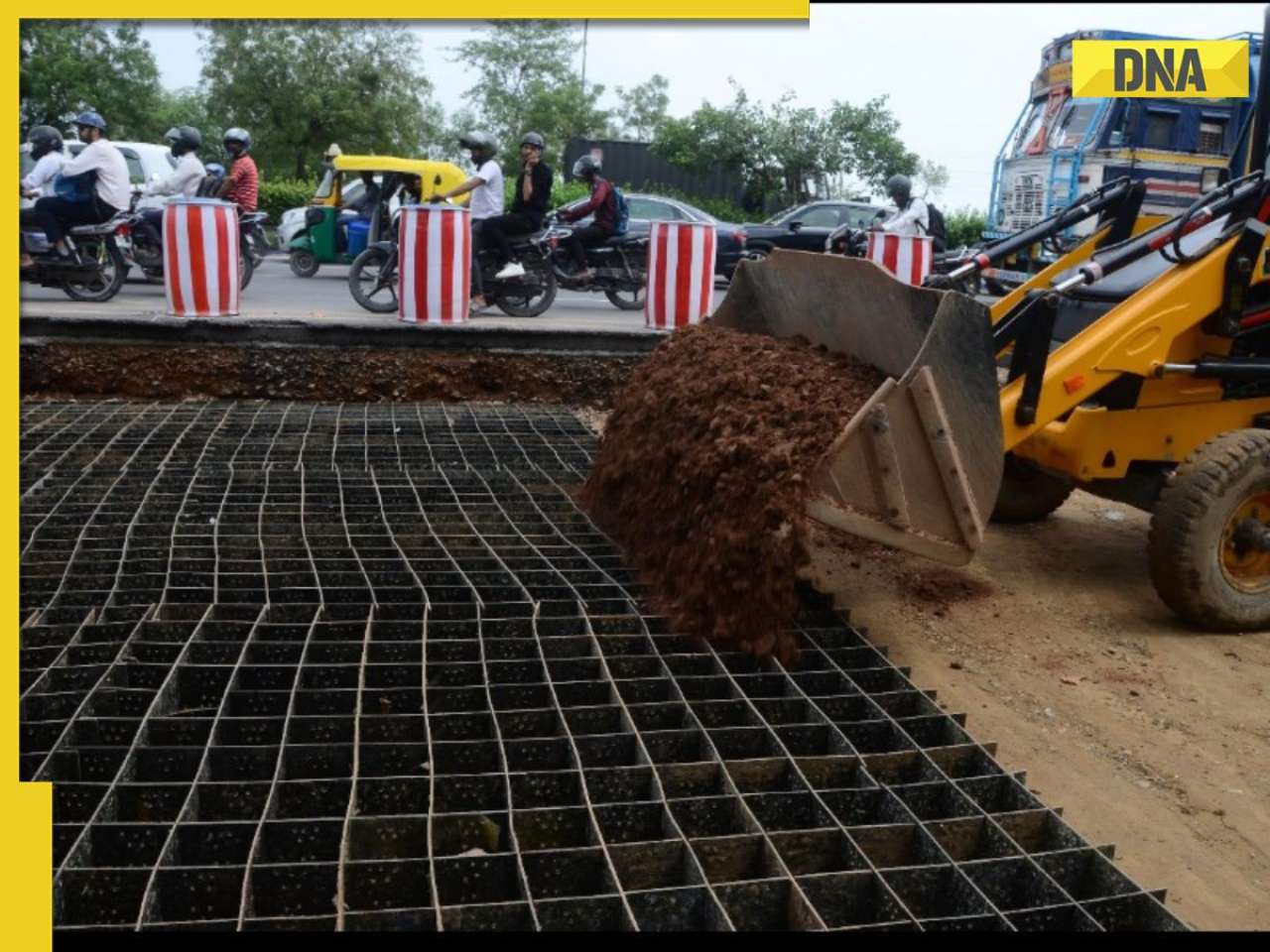 India's first plastic road to be built with Geocell Technology in..., know all about this sustainable initiative
India's first plastic road to be built with Geocell Technology in..., know all about this sustainable initiative  Golden Temple receives bomb threat again, second RDX email in 24 hours, probe underway
Golden Temple receives bomb threat again, second RDX email in 24 hours, probe underway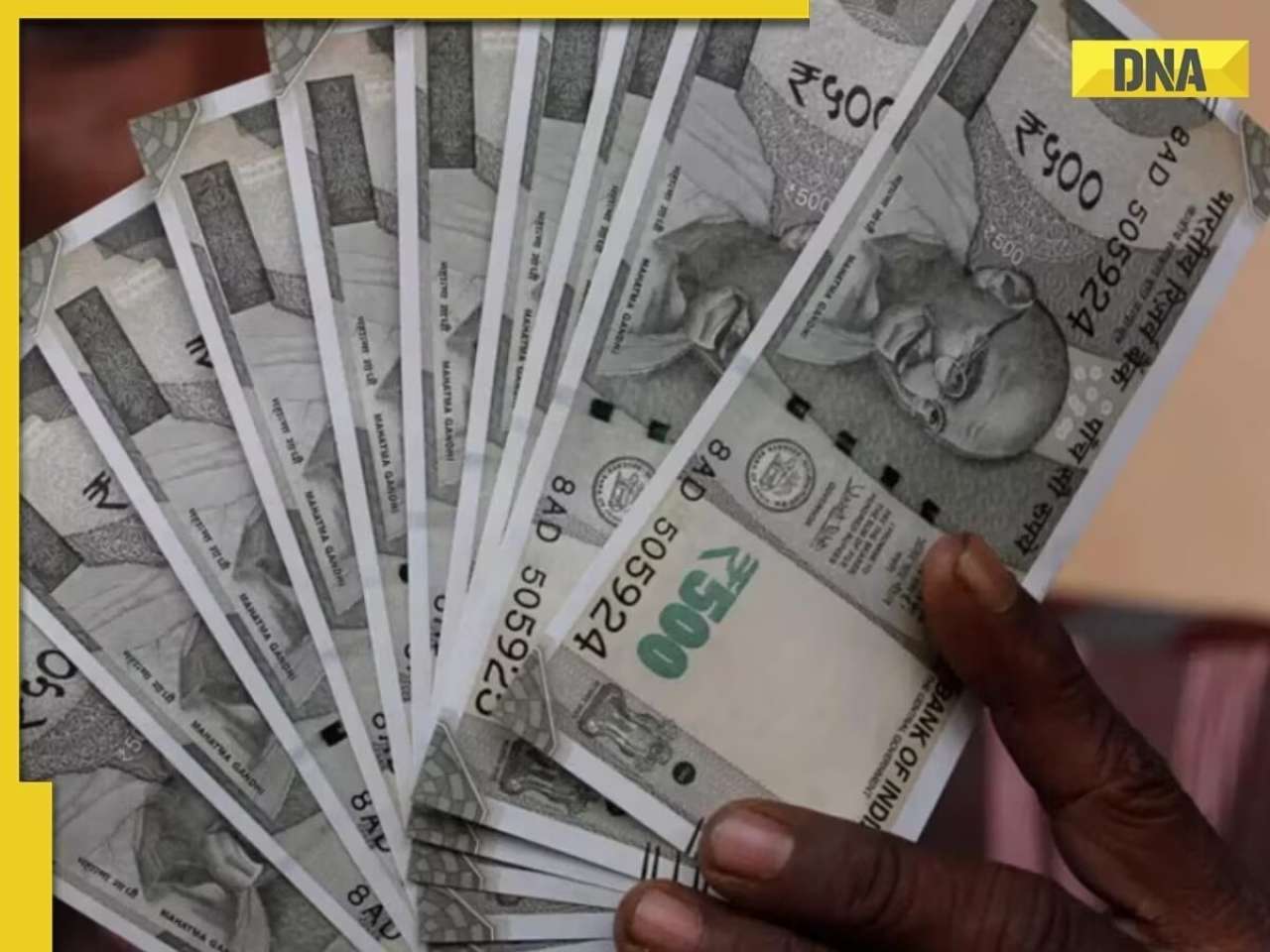 Rs 10000000000: Indians losing huge amount of money every month due to...
Rs 10000000000: Indians losing huge amount of money every month due to... DNA Verified: Samosa, jalebi, other Indian snacks to carry health warning labels? Know the truth here
DNA Verified: Samosa, jalebi, other Indian snacks to carry health warning labels? Know the truth here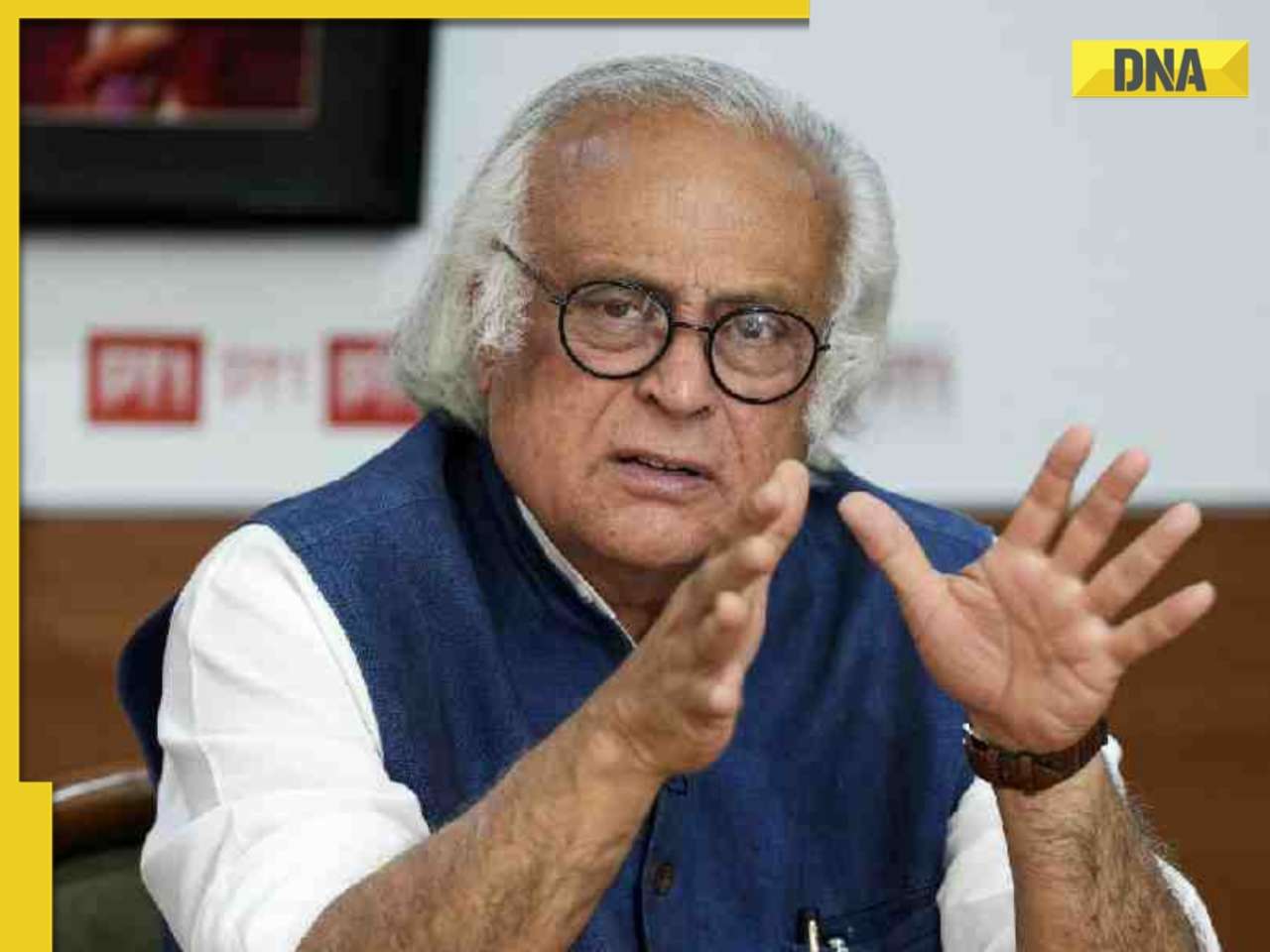 '65 days, 22 times’: Congress leader Jairam Ramesh slams BJP as US President Trump again claims credit for India-Pakistan ceasefire
'65 days, 22 times’: Congress leader Jairam Ramesh slams BJP as US President Trump again claims credit for India-Pakistan ceasefire Who is IAS officer Arpit Sagar who Fined NHAI for..., served in high-ranking administrative roles, she’s from...
Who is IAS officer Arpit Sagar who Fined NHAI for..., served in high-ranking administrative roles, she’s from...  Meet woman who left high-paying job in Switzerland for UPSC exam, secured AIR...; married to IAS, she is now...
Meet woman who left high-paying job in Switzerland for UPSC exam, secured AIR...; married to IAS, she is now... Meet woman who failed in NEET, UPSC exams, later secured Rs 72 LPA job at THIS aviation giant to become the youngest...
Meet woman who failed in NEET, UPSC exams, later secured Rs 72 LPA job at THIS aviation giant to become the youngest... This auto driver speaks 7 languages, did double MA, worked in MNCs, wanted to become IAS officer then..., is now going viral for..
This auto driver speaks 7 languages, did double MA, worked in MNCs, wanted to become IAS officer then..., is now going viral for.. Meet 19-year-old boy who took family responsibilities after his father's demise, cracked JEE Main with 9 to 5 job, his AIR was..., he wants to...
Meet 19-year-old boy who took family responsibilities after his father's demise, cracked JEE Main with 9 to 5 job, his AIR was..., he wants to... This luxury car is first choice of Indians, even left BMW, Jaguar, Audi behind in sales, it is...
This luxury car is first choice of Indians, even left BMW, Jaguar, Audi behind in sales, it is... Kia India unveils Carens Clavis: Check features, design changes, price and more; bookings open on...
Kia India unveils Carens Clavis: Check features, design changes, price and more; bookings open on... Tesla CEO Elon Musk launches most affordable Cybertruck, but it costs Rs 830000 more than older version, it is worth Rs...
Tesla CEO Elon Musk launches most affordable Cybertruck, but it costs Rs 830000 more than older version, it is worth Rs... Planning to buy a Maruti Suzuki car? Prices set to rise by 4% from...
Planning to buy a Maruti Suzuki car? Prices set to rise by 4% from... Audi launches Audi RS Q8 2025 in India: Know price, specifications and unique features
Audi launches Audi RS Q8 2025 in India: Know price, specifications and unique features 




)
)
)
)
)
)
)
)
)
)
)
)
)
)
)
)














